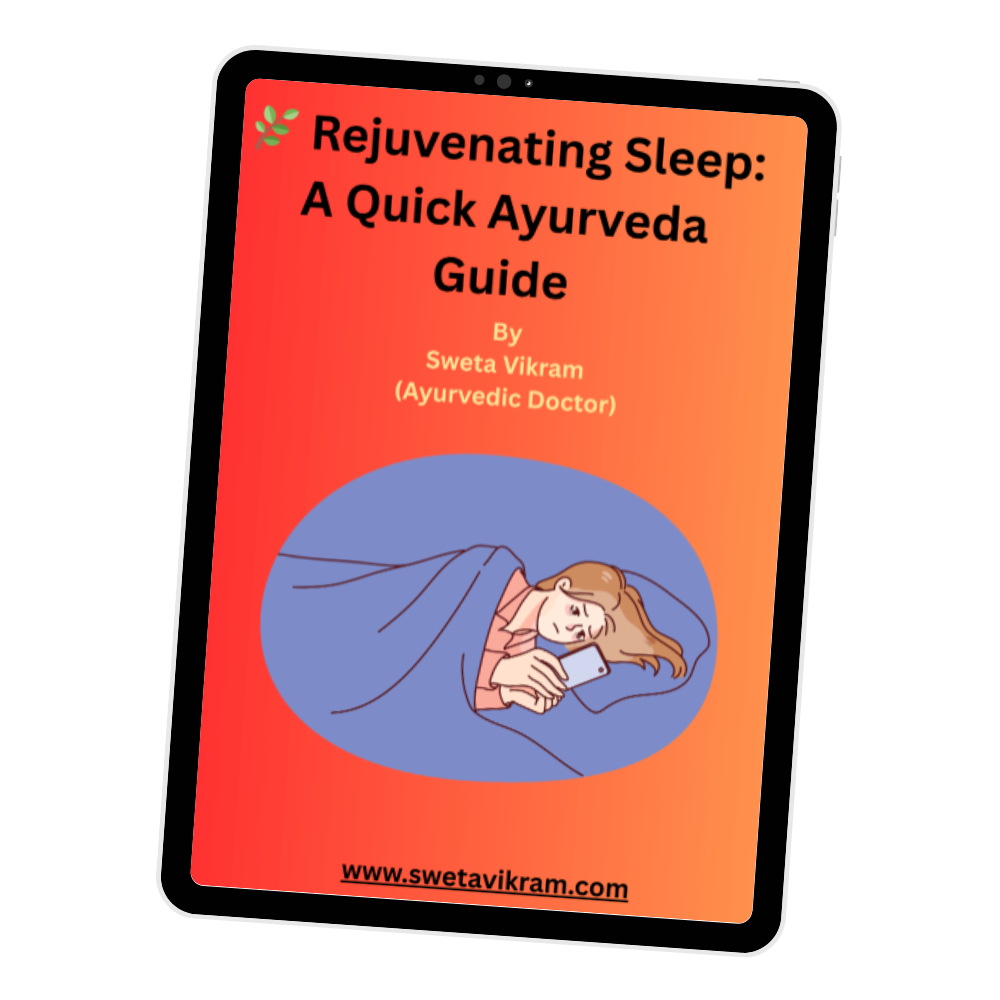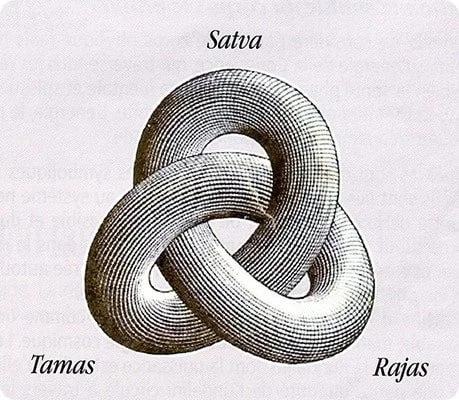Benefits of Tongue Scraping in Ayurveda
Many modalities of medicines, including Ayurveda, use tongue diagnosis as a method to gauge the health of a rogi or patient. Ayurveda teaches that the tongue reflects the health and well-being of organs like the heart, kidneys, liver, lungs, spleen, and stomach.
What is Tongue Scraping?
In Ayurveda, tongue scraping is a long-standing daily practice for oral hygiene and overall health. Called jihwa prakshalana, it is part of the morning routine (dinacharya) to remove ama aka toxins, bacteria, and accumulated debris, known as ama, from the surface of the tongue.
How to Practice Tongue Scraping
Use a tongue scraper: A copper or stainless-steel scraper is commonly recommended in Ayurveda, as copper has antimicrobial properties.
Stand in front of a mirror and stick out your tongue.
Place the rounded end of the scraper at the back of your tongue.
Scrape Gently from back to front several times.
Rinse the scraper between strokes to remove debris and then rinse the mouth thoroughly.Wash the tongue scraper with soap and water and store it in a clean, dry place.
Benefits of Tongue Scraping in Ayurveda:
Removes Toxins and Bacteria: Ayurveda holds that overnight, toxins build up on the tongue, which, if not removed, can lead to health issues.
Improves Overall Health: It supports overall oral immunity and reduces overall bacterial load in the mouth. Scraping your tongue can remove harmful bacteria that can inflame your gums and prevent cavities.
Enhances Taste Perception: By cleaning the tongue, it improves taste perception, which is essential for proper digestion and overall satisfaction from food. It can give you a fresh palate, which can make flavors taste stronger.
Stimulates Digestive Fire (Agni): Scraping the tongue is believed to help stimulate the digestive system and enhance the digestive fire, or agni, an important aspect of good health in Ayurveda.
Improves Breath: Removing bacteria and debris reduces bad breath (dur gandha) and freshens the mouth.
Activating saliva production: Scraping your tongue can activate saliva production, which can help with digestion.
Activates organs. Since the tongue is connected to various organs of the body, scraping it gently activates related organs too.
Reflects Health: Ayurveda sees the tongue as a mirror of internal health. Regularly observing it while scraping can provide insights into one’s health, as a coated or discolored tongue may signal imbalance.
Tips for Tongue Scraping:
Use a proper tongue scraper (not a toothbrush).
Clean the scraper between strokes.
Be gentle to avoid irritating the tongue or causing injuries.
When you are new to it, scrape lightly and don’t put too much pressure.
To avoid gagging, start out small and in the middle and front of your tongue, not the back.
Best Time for Tongue Scraping!
Do it daily, preferably first thing in the morning. Did you know leftover bacteria on your tongue multiplies while you sleep, causing bad breath and promoting plaque? When you wake up, there’s a lot of “bad” bacteria hanging out on your tongue, and this is prime time for cleaning the tongue.
Also, when you do tongue scraping at night, removing that debris from your tongue before bedtime can also help reduce bad morning breath and get rid of it when you wake up.
Conclusion
Ayurveda regards this practice of tongue scraping as a simple yet essential part of holistic self-care that supports oral health, digestion, and overall wellness.
If you’d like to learn more about Ayurvedic practices for health or even learn more about tongue scraping, book a FREE Discovery Call!
Like what you read? Also read: Cause of Disease According to Ayurveda|Agni and Ama: The foundation of Ayurvedic Digestive Health |What is Ama? | What is Agni According to Ayurveda?
Disclaimer: The content is purely informative and educational in nature and should not be construed as medical advice. The information is not intended for use in the diagnosis, treatment, cure, or prevention of any disease. Please use the content only in consultation with an appropriate certified medical or healthcare professional. If you are nursing, taking medications, or have a medical condition, please consult with your health care practitioner prior to the use of any of these herbs.If you are looking for advice from a trained yogi and Ayurvedic Doctor, contact Sweta here.
Disclaimer: The content is purely informative and educational in nature and should not be construed as medical advice. The information is not intended for use in the diagnosis, treatment, cure, or prevention of any disease. Please use the content only in consultation with an appropriate certified medical or healthcare professional. If you are looking for advice from a trained yogi and ayurvedic coach, contact me here.










